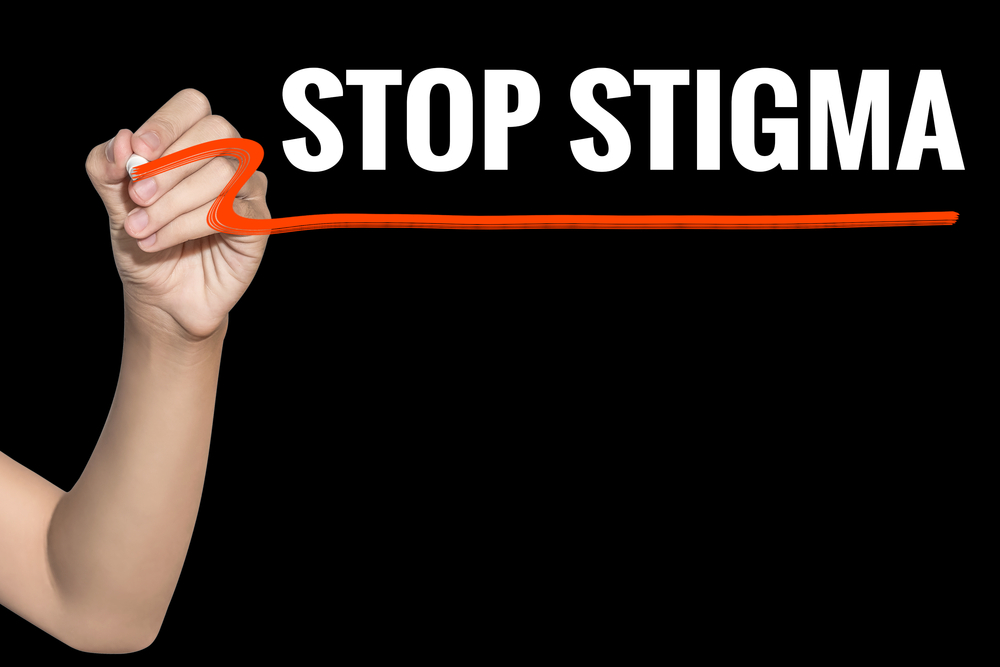
A recent headline out of Ohio highlighted the stigma associated with addiction in our country which often makes pariahs out of those struggling to get off and stay off drugs. Sonya Sheppard, a 46-year-old mother who struggled with drugs, died of a heroin overdose this past April 6 in Auburn Township in Ohio. As her friends and family gathered on June 25 to remember their loved one, Sonya’s son Corey Atkinson spoke out on how “people are so quick to demonize people who become addicted to drugs.”
Corey believes that society needs to change its outlook on this problem.
The majority of people in our country see addiction as a choice and a matter of free will. Those that succumb to a drug’s grip are viewed as weak and once in the throes of a heroin, cocaine or meth addiction, users are considered junkies—unreliable, untrustworthy and irresponsible.
With a heroin epidemic ravaging our country, many individuals and families like Corey’s are dealing with this stigma firsthand. And as they look for answers to their grief, they are finding that not many people can sympathize with an addict. The stigma surrounding addiction is no help to addicts. With more help and understanding, Sonya Sheppard might still be alive today. Society needs to look at this stereotype and consider the implications of stigmatizing a whole group of people, especially former addicts.
“I think there is a certain amount of stigma attached to addiction, and initially that was a huge thing for me to overcome,” a former drug addict and working professional photographer tells The Fix. “It was really hard to face up to people I felt I’d let down, so at first all I wanted to do was sweep it under the rug and move on. But people knew and trying to hide it felt like lying so I eventually realized that the only way to tackle the stigma was head-on. Once I decided to be open about what I’d been through, I found that most people were really accepting and understanding—not everyone, and I’m sure there are jobs I’ve not gotten, but I can’t dwell on that or let it hold me back.”
People are quick to think the worst of a former addict. To society, drug addiction is synonymous with terms like “crackhead,” “junkie,” and “dope fiend”—all derogatory names laced with negativity. It’s already hard to live down the past for an addict, but with an unsupportive public it can be downright hellish for the recovering addict to persevere and come out of the other side of their battle with the drug.
“I want to show people that there is life after addiction and that we do deserve a second chance,” the former addict and professional photographer says. “I’m lucky that I work in a field where people seem to have a bit more empathy, but for anyone with a criminal record, trying to rent an apartment or get a job can be a massive challenge. There needs to be more work on that front—to give people the chance to rebuild their lives.”
Because to many people, drug addict means criminal, and as long society holds tight to that view it will discourage those that are trying to change their lives.
